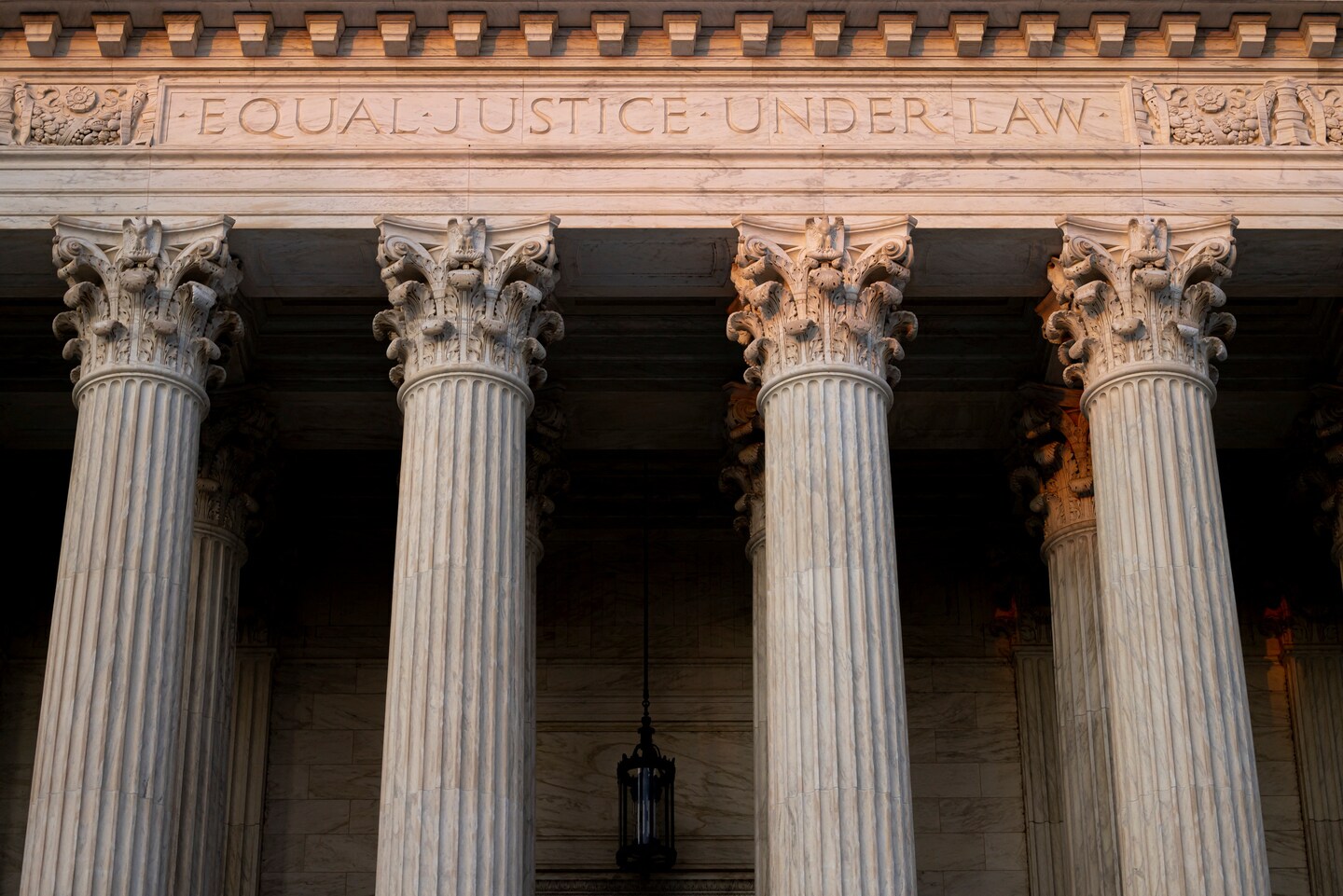This nation was founded on a simple yet profound principle: No one is above the law. Not the president of the United States. Not a justice on the Supreme Court of the United States. No one.
But the Supreme Court’s 6-3 decision on July 1 to grant presidents broad immunity from prosecution for crimes they commit in office means there are virtually no limits on what a president can do. The only limits will be those that are self-imposed by the person occupying the Oval Office.
If a future president incites a violent mob to storm the Capitol and stop the peaceful transfer of power — like we saw on Jan. 6, 2021 — there may be no legal consequences.
And that’s only the beginning.
On top of dangerous and extreme decisions that overturn settled legal precedents — including Roe v. Wade — the court is mired in a crisis of ethics. Scandals involving several justices have caused the public to question the court’s fairness and independence, which are essential to faithfully carrying out its mission of equal justice under the law. For example, undisclosed gifts to justices from individuals with interests in cases before the court, as well as conflicts of interest connected with Jan. 6 insurrectionists, raise legitimate questions about the court’s impartiality.



Theoretically, he could have them all killed and it’s not a big deal because he can’t be prosecuted for things while president. Whooopsie.
It would have to be an official act defined in the constitution, but, if all of the R justices are gone…
The Supreme Court already set it up for him.
They’re all traitors
Don’t call people like Sonia Sotomayor a traitor. She sits on the same bench but she is certainly not. Oversimplifying and vilifying an entire group on the actions of some is fascist shit.